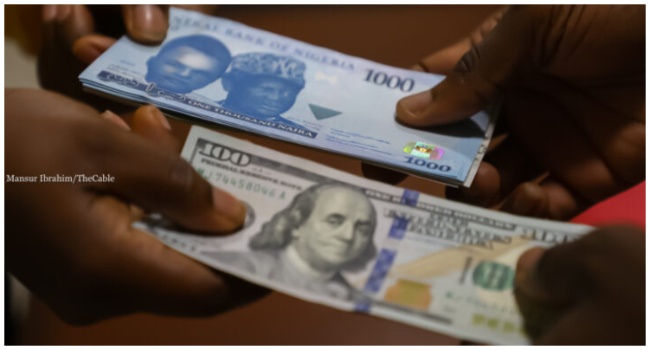The Centre for the Promotion of Private Enterprise (CPPE) says the executive order on pharmaceutical products will boost domestic production, reduce the cost of medications, and improve access to healthcare.
In a statement on June 30, Muda Yusuf, chief executive officer (CEO) of CPPE, said the decision would also have a positive impact on the wellbeing of citizens.
On June 28, President Bola Tinubu signed the executive order to introduce zero tariffs, excise duties, and value-added tax (VAT) on imported pharmaceutical inputs.
Yusuf commended the federal government’s move, saying it would significantly benefit the pharmaceutical sector.
Advertisement
“These fiscal policy measures would boost domestic production of pharmaceutical products, reduce the cost of medications, improve access to healthcare and impact positively on the well-being of citizens,” he said.
“It would also revitalize our pharmaceutical industries and create more jobs. Fiscal policy measures have much better prospects of addressing supply side challenges in the economy, if well targeted.
“Boosting production is very vital to fixing the current inflationary pressures, driven largely by supply side challenges in the economy. Fiscal policy measures are potent tools for the realization of this objective.”
Advertisement
Yusuf recommended that the fiscal policy measures be replicated to enhance production in other segments of the real sector.
He said such executive orders are needed in the agriculture, agrochemicals, and agro-allied industries to curb the surging food inflation.
“We need similar intervention in the energy sector, to promote energy security and incentivize private investments in the sector; there is need for similar support for Iron and steel sector to aid the construction industry and reduce construction costs for housing and infrastructure,” the CPPE CEO said.
“We also need fiscal policy protection to support domestic investments in petroleum refineries to conserve foreign exchange, create jobs, and deepen backward integration.”
Advertisement
He said the country must stop the deindustrialisation of the Nigerian economy, the exit of foreign direct investors, and the rising mortality rate of domestic industries.
“We believe that stepping up fiscal policy interventions would facilitate the realization of this objective. But we must be ready to trade off some revenue in the short term,” Yusuf said.
He also expressed his conviction that the economy would benefit more from more domestic production, decreased reliance on imports, increased chances of deflation, increased job creation, and improved economic resilience.
Advertisement
Add a comment









